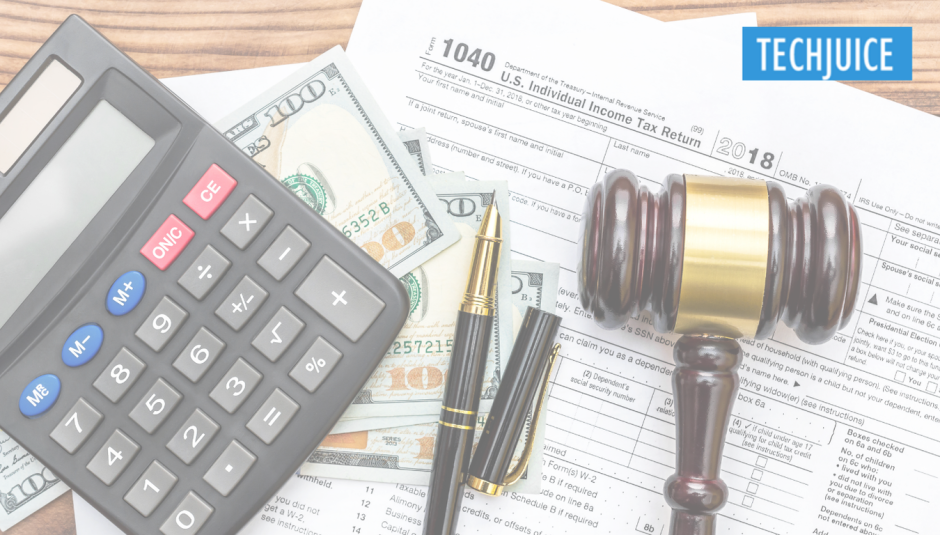Government Moves to Close Tax Loophole for Banks

ISLAMABAD: On Thursday, the government announced efforts to close a legal loophole that allows commercial banks to evade an estimated Rs200 billion in income taxes annually. This change is expected to be part of the upcoming budget and is aimed at encouraging increased lending by banks to the private sector, which will, in turn, boost economic growth.
According to Rashid Langrial, chairman of the Federal Board of Revenue (FBR), banks are currently subject to an additional 10% to 15% income tax on government loans, which is determined by their balance sheets as of December 31. Under the chairmanship of Pakistan People’s Party (PPP) Senator Saleem Mandviwalla, Langrial made the statement, “We are going to reverse this in the next budget,” when speaking at a meeting of the Senate Standing Committee on Finance. According to Langrial, the FBR will start using a yearly average to determine the additional income tax that banks owe, rather than basing it on the December 31 snapshot.
FBR confirms loophole letting banks avoid Rs200 Billion tax
During the meeting, Hamid Ateeq Sarwar, a member of the FBR policy team, also said that the current Income Tax Law says that a person who has died still has to pay tax until their death certificate is sent to the FBR. In answer to a question from Senator Faisal Vawda, this information came to light.
The Rs200 billion tax was brought up by the committee after a story in The Express Tribune last week. Tola Associates’ Economy Alert paper states that 27 banks, both local and foreign, conducting business in Pakistan will face almost Rs197 billion in extra income taxes related to their advance-to-deposit ratio (ADR).
However banks have been avoiding this tax, and it is said that they are thinking about asking the government for another waiver. Pervaiz Malik, Minister of State for Finance and Revenue, told the committee that there was no plan to remove banks from the extra tax at this time. Although private banks have lent a lot of money to the government, the head of the FBR admitted that a legal loophole has let them avoid paying the tax.
Current legislation requires banks to pay an additional 10-15% income tax if their private sector lending falls below 50% of their ADR. By lending to sister companies before December 31, many banks avoid this. Langrial responded, “From the next fiscal year, we will determine the additional income tax based on the annual average lending position instead of December 31.”
Government debt dominates banks’ balance sheets despite the legal mandate to lend more to the private sector. Tola Associates predicted that banks’ 2025 tax payments could decrease if private sector lending increased in the coming months. Otherwise, 2025’s additional income tax will be close to Rs197 billion.
The 2022 tax encouraged banks to lend more to industries instead of using safer government loans. Banks often avoid the tax by proactively readjusting their investments before December 31.
Banking pressure forced the government to suspend the additional tax in 2023, but it was reintroduced in January 2024. The FBR indicated that banks with ADRs over 50% are tax-exempt. They pay 49% income tax on government debt investments if their ADR is between 40% and 50%, and 55% if it is below 40%. United Bank Limited had 21% ADR, Habib Bank Limited 35%, and Muslim Commercial Bank 31% in the half-year report (January to June 2025), all of which would pay the 15% additional tax if their ADRs remained unchanged until December 31. Meezan Bank, with 46% ADR, would pay 10% more tax.
| Bank | ADR (Jan-June 2025) | Tax Rate | Additional Tax |
| United Bank Limited (UBL) | 21% | 55% income tax on government debt investments | 15% |
| Habib Bank Limited (HBL) | 35% | 55% income tax on government debt investments | 15% |
| Muslim Commercial Bank (MCB) | 31% | 55% income tax on government debt investments | 15% |
| Meezan Bank | 46% | 49% income tax on government debt investments | 10% |
Thirteen of 27 banks with ADRs of 21.9% to 39.7% could be taxed 15% more if they don’t modify their lending by year-end. This might add Rs13.7 billion to Rs25 billion to the five largest banks’ tax liabilities. Nine other commercial banks will be taxed 10% if they don’t sell loans before December. Banks can reduce their tax burden by altering portfolios before year-end.
The minister of State for Finance said the government’s fiscal challenges, especially the budget deficit, have increased its bank funding. He also stressed deficit control to reduce reliance.
Langrial replied to inquiries concerning the government’s digital invoicing project that the government should only certify digital service providers, not issue licenses, adding that the concept would be revised.
Related Posts
Turkish Delegation from Coca-ColaExplores Investment Opportunities in Pakistan
ISLAMABAD: A high-level Turkish delegation led by Atilla Yerlikaya, President of Corporate Affairs, Communications, and Sustainability at Anadolu Group, met with the Finance Minister…
Zarea Limited Secures Rs1.03 Billion in Pakistan’s First IPO of 2025
Zarea Limited, one of Pakistan’s largest B2B commodities platforms, has successfully raised Rs1.03 billion in the first initial public offering (IPO) of 2025 at…














